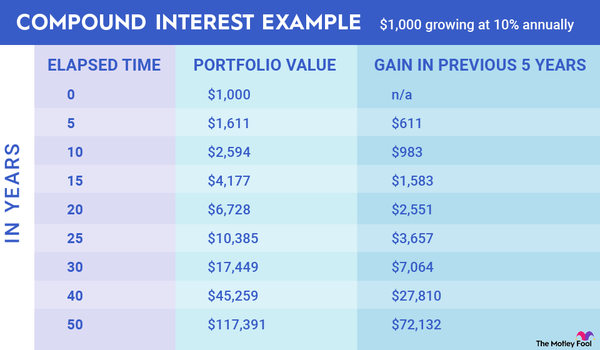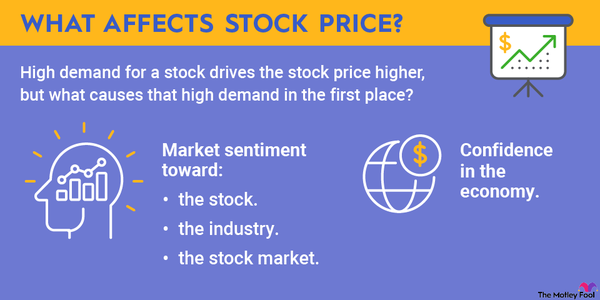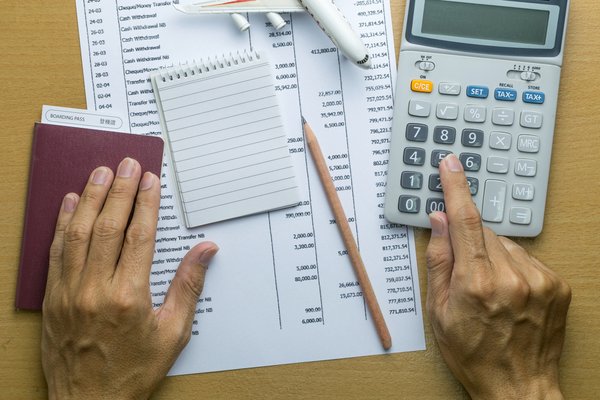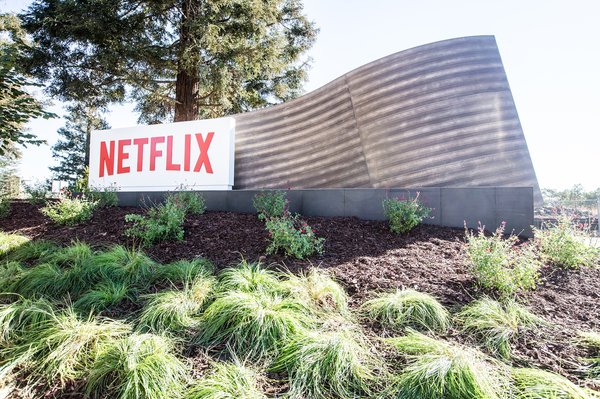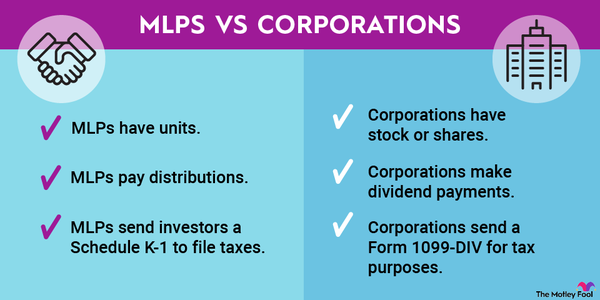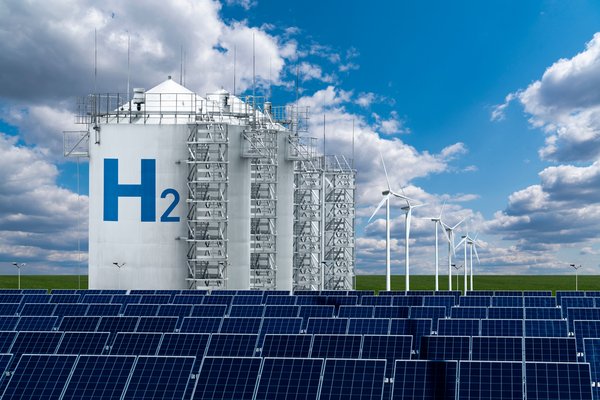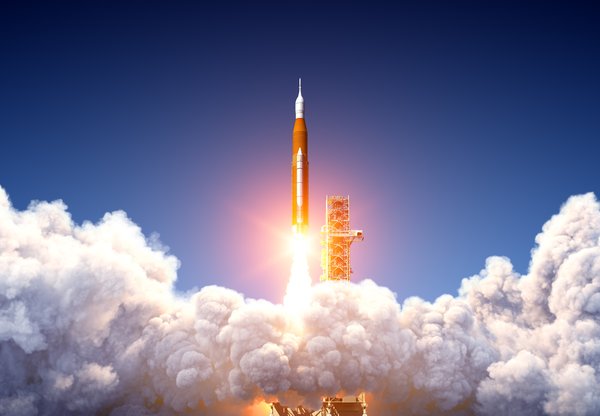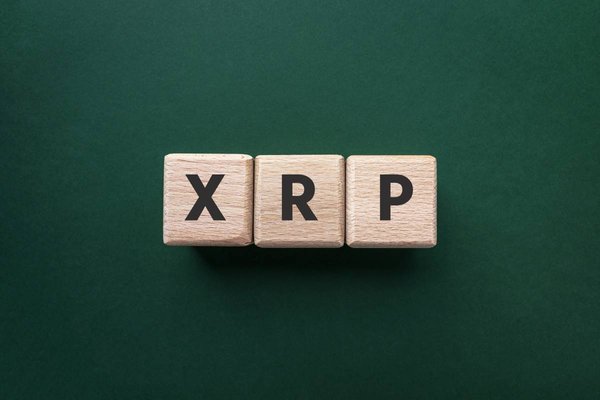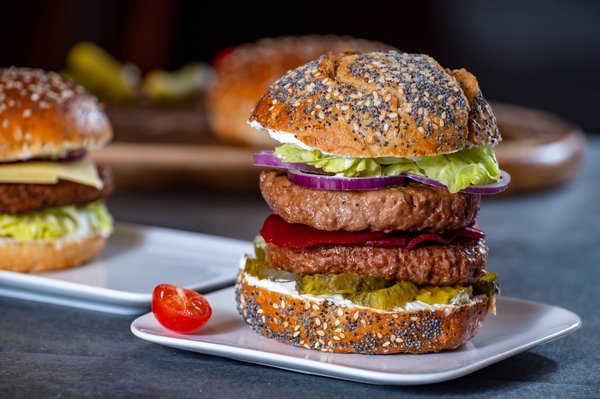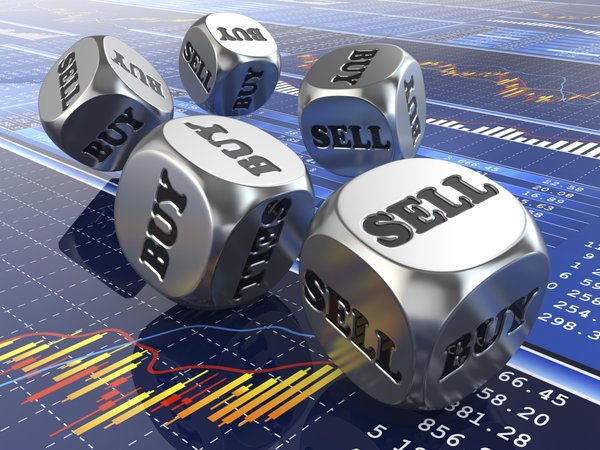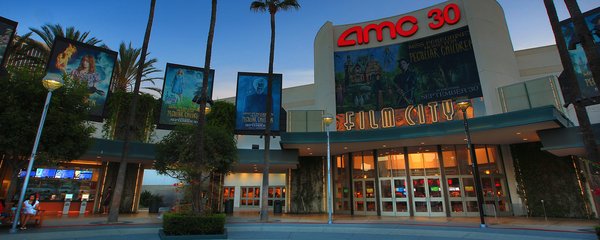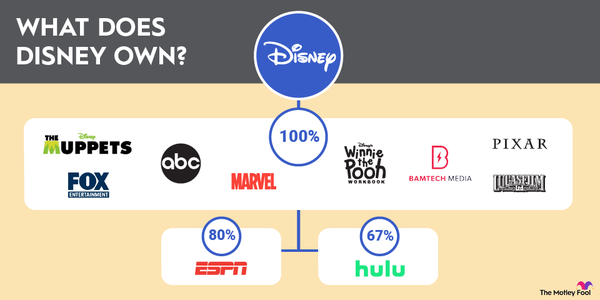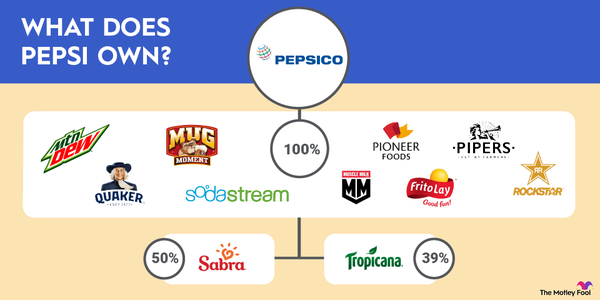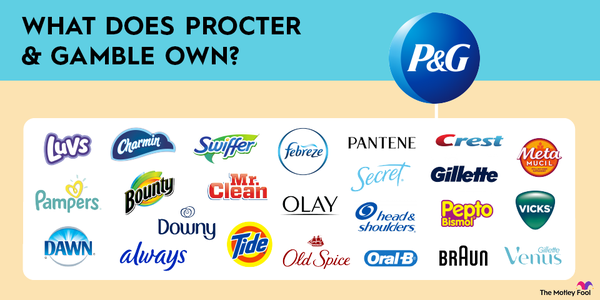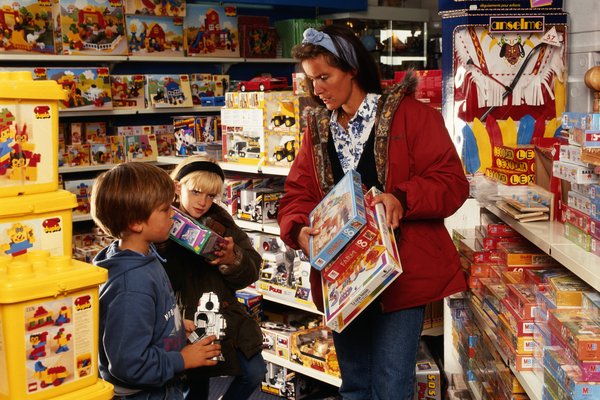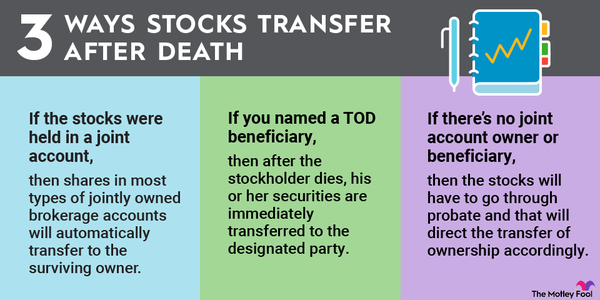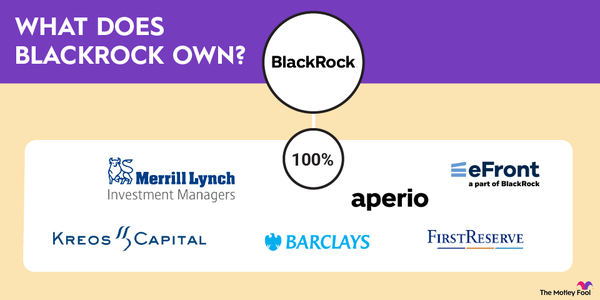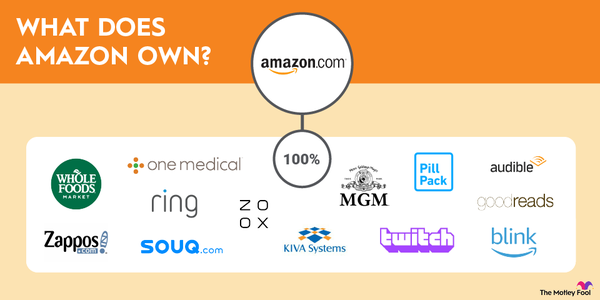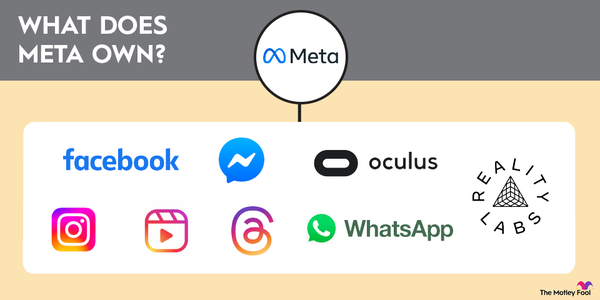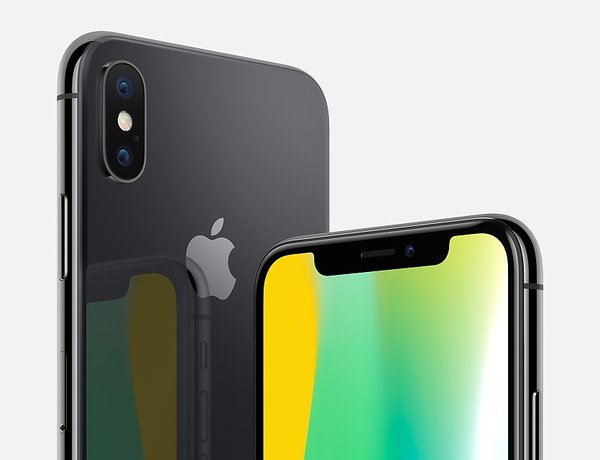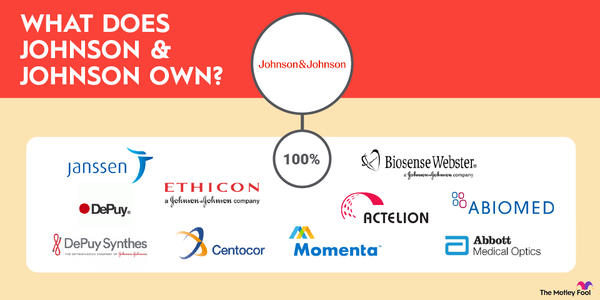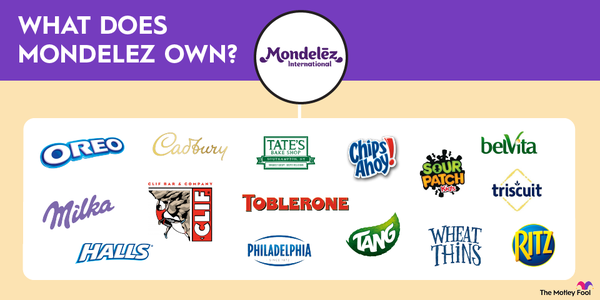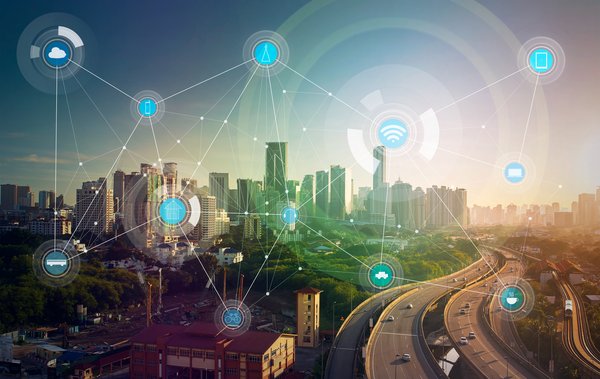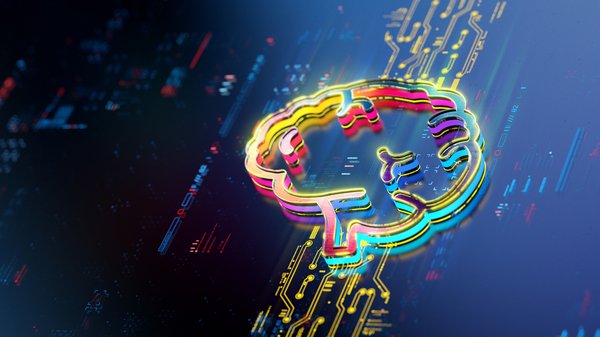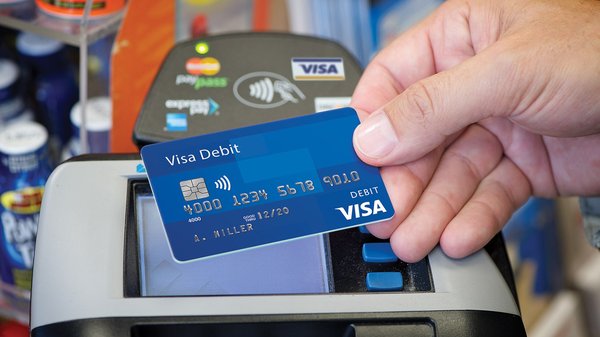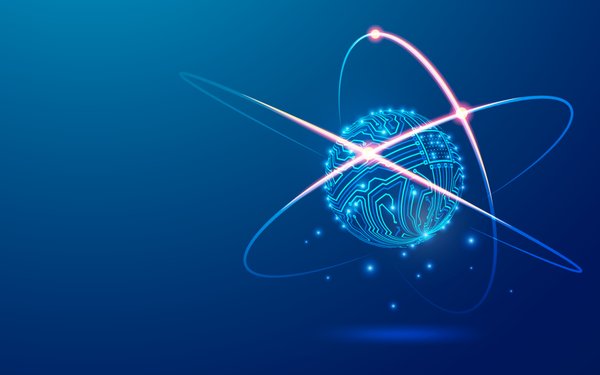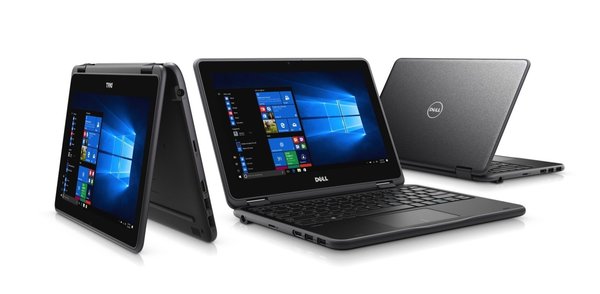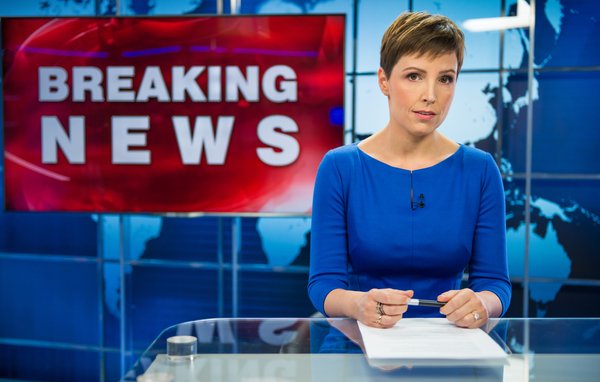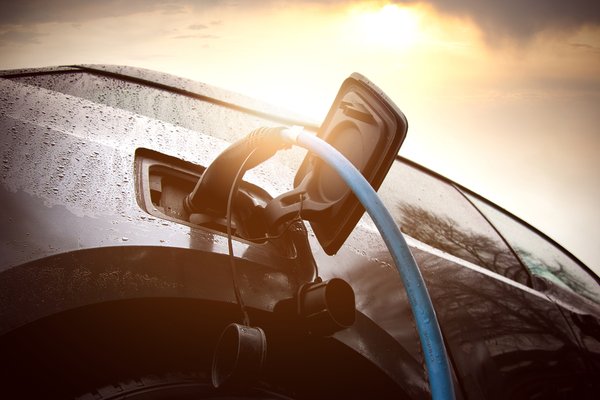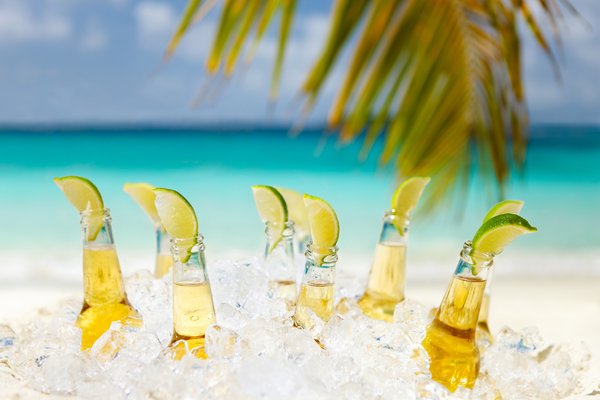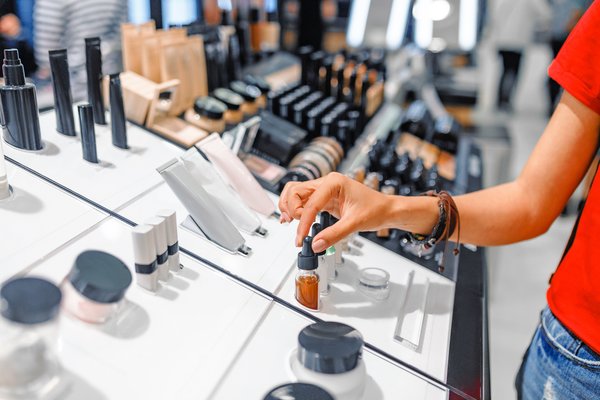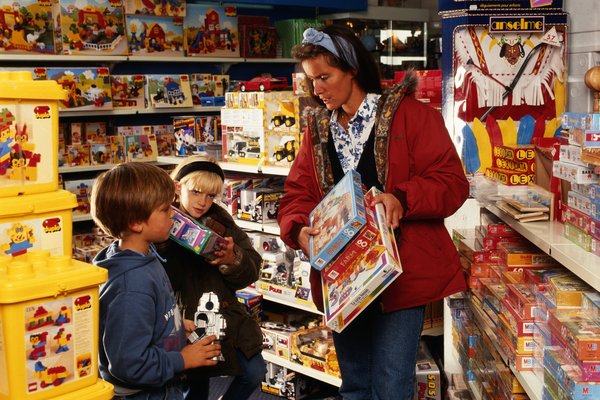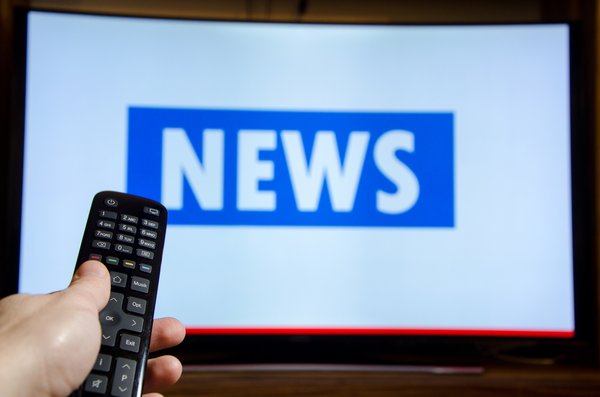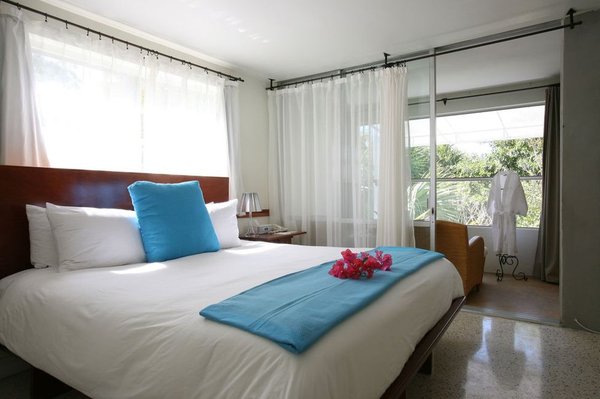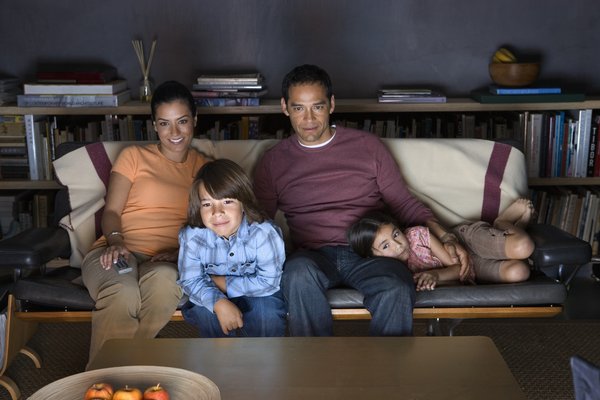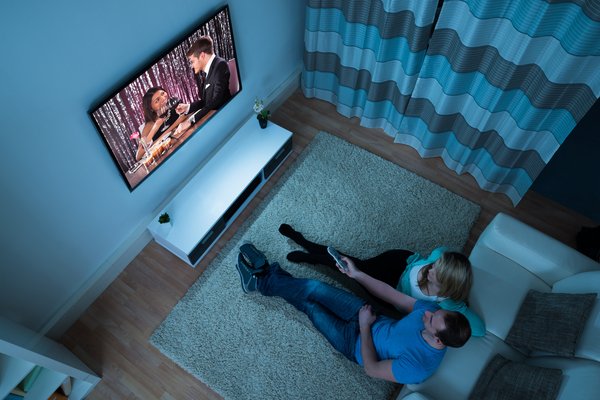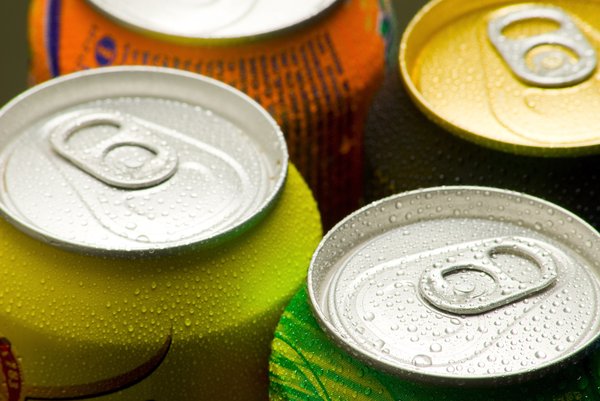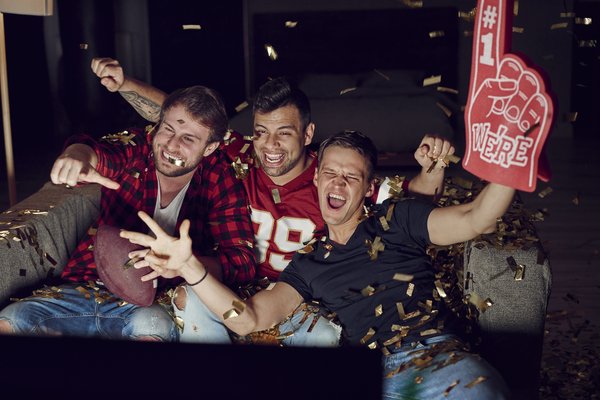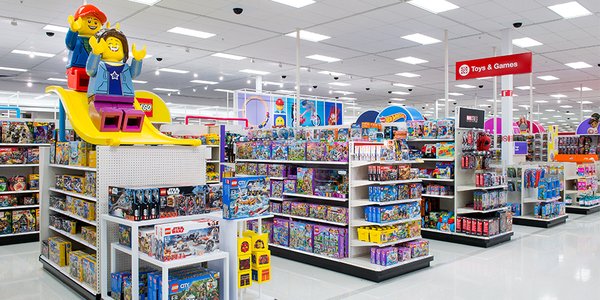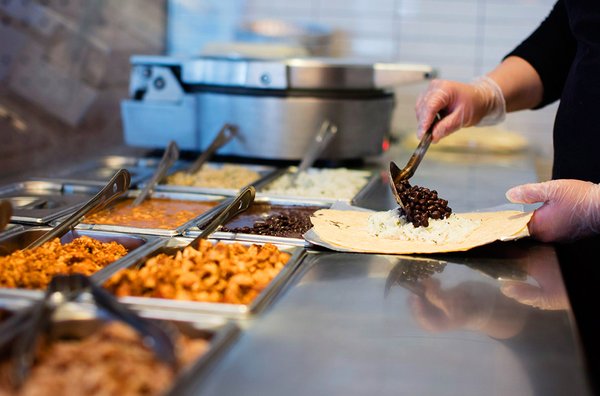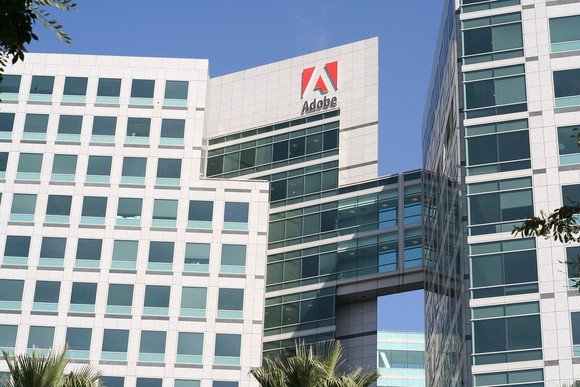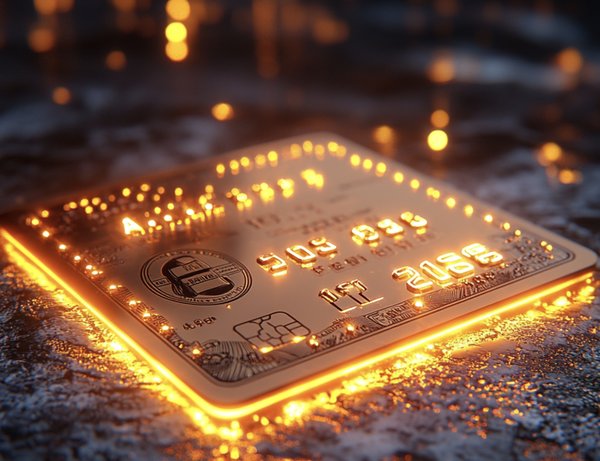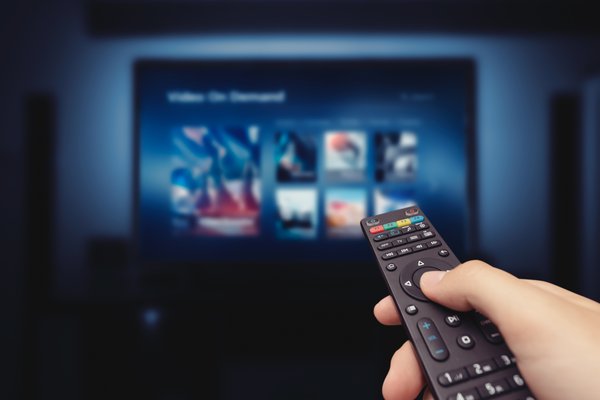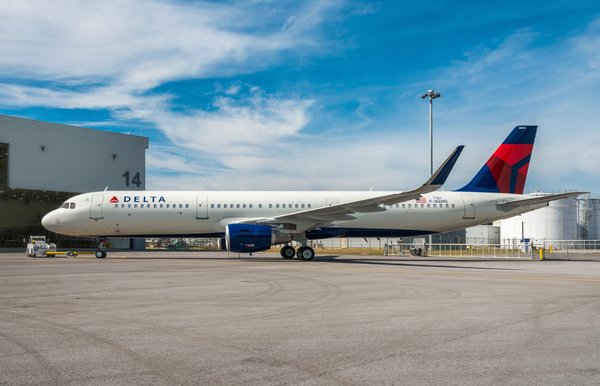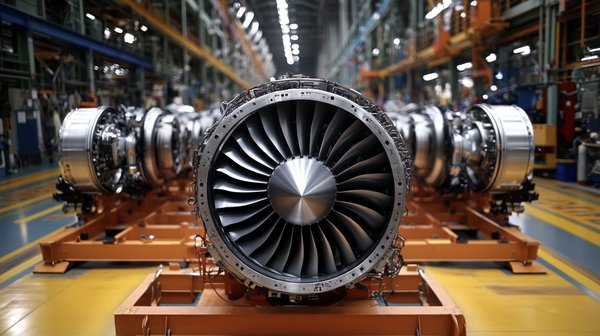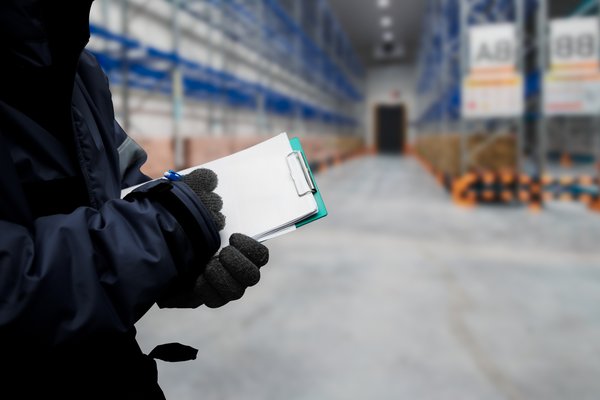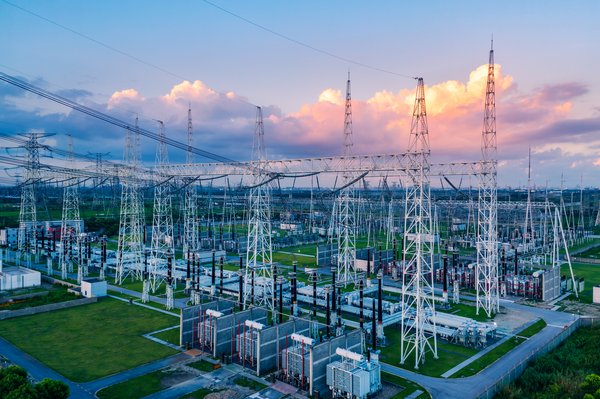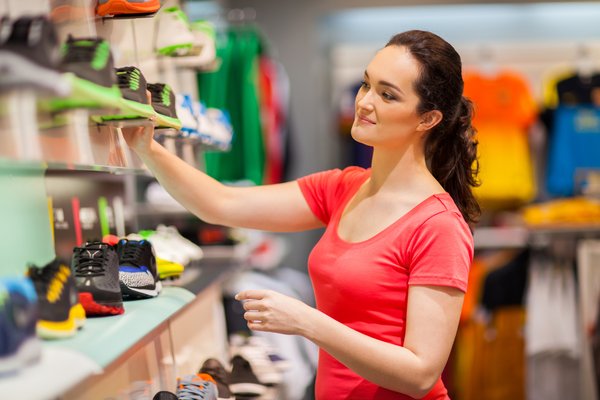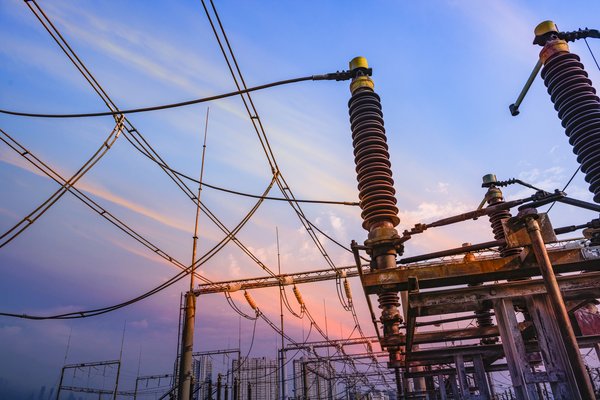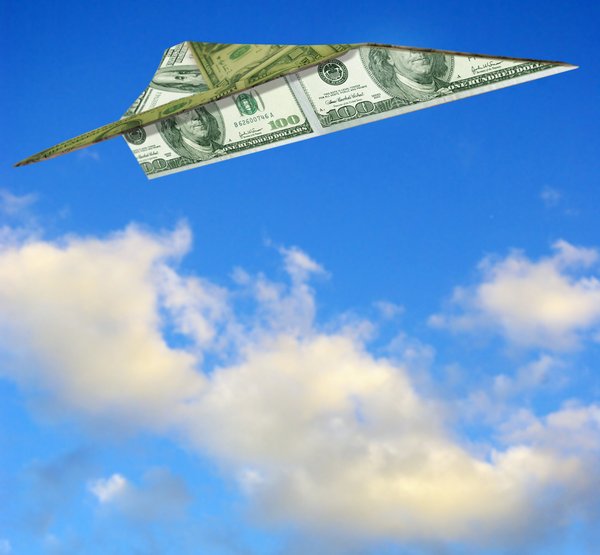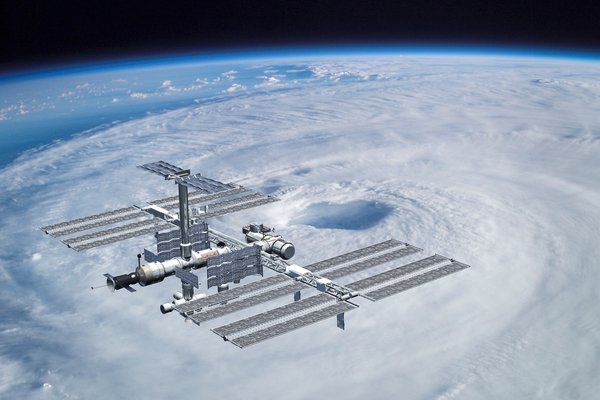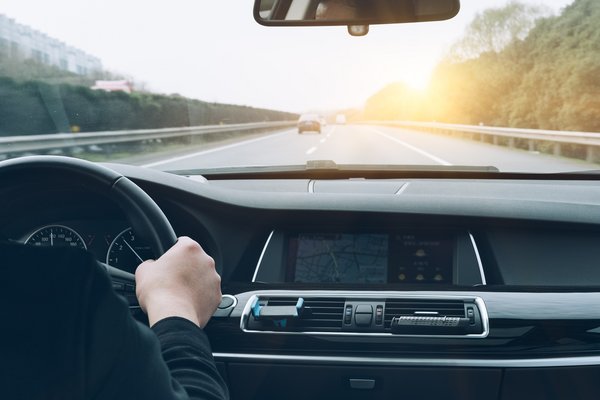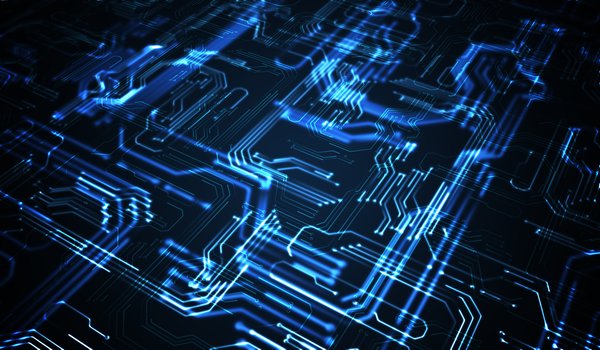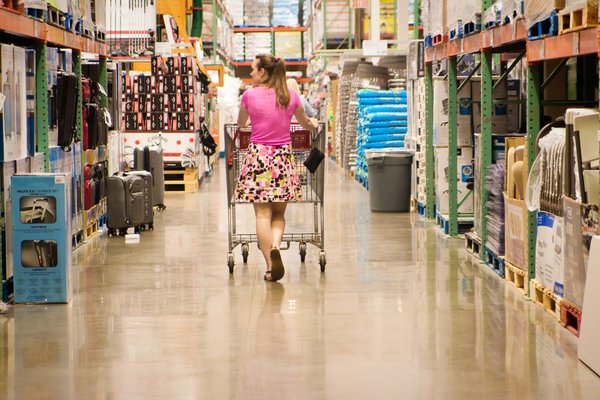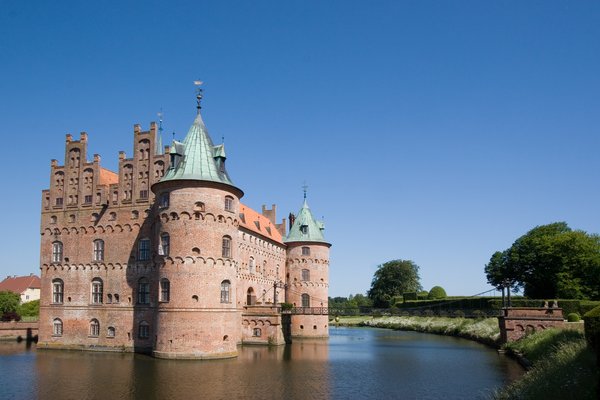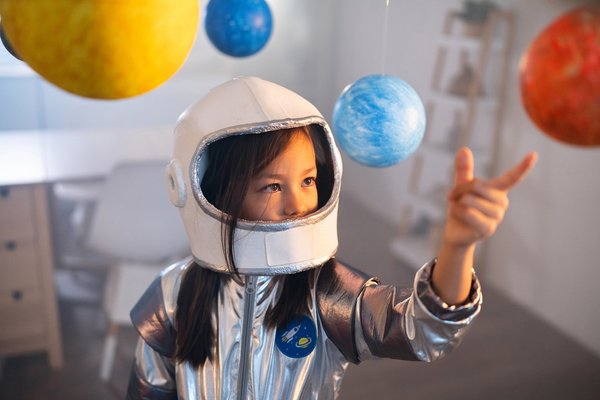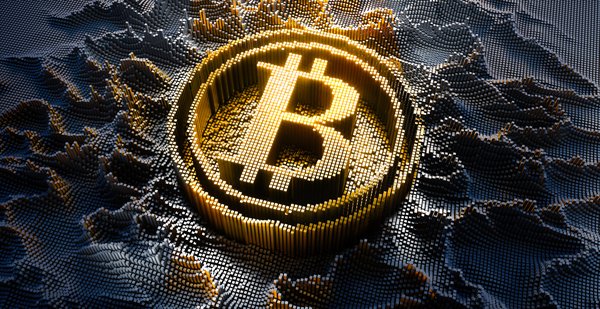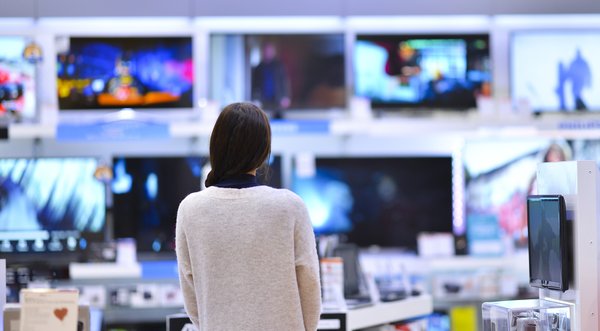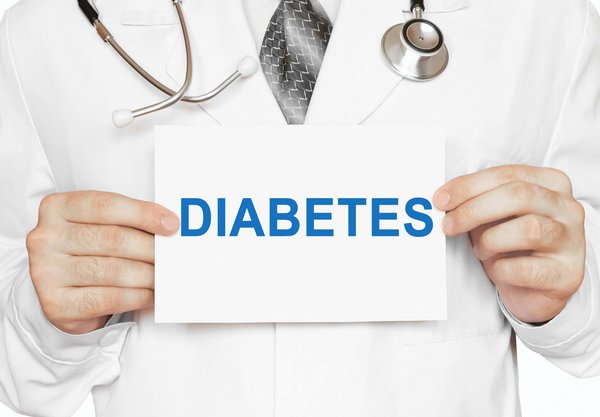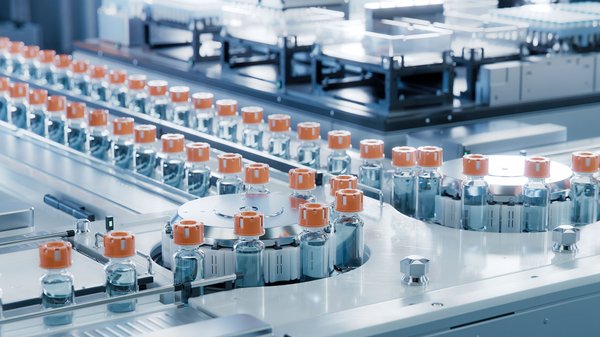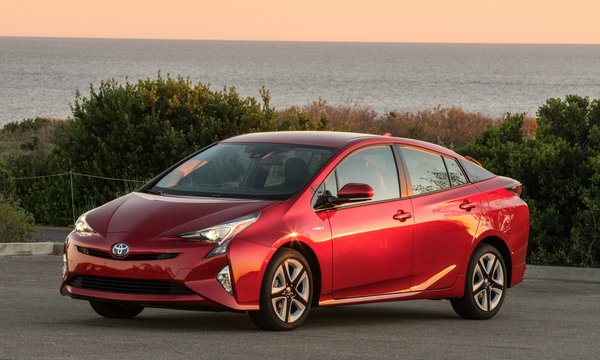Coca-Cola (KO 0.55%) is the largest beverage company in the world, but it owns much more than just its namesake beverage brand.
Coca-Cola is one of the best-known brands in the world thanks to its massive distribution network, marketing investments, and popular products. Over its history, the company has leveraged that position and grown by expanding its reach, launching new brands, and making acquisitions.
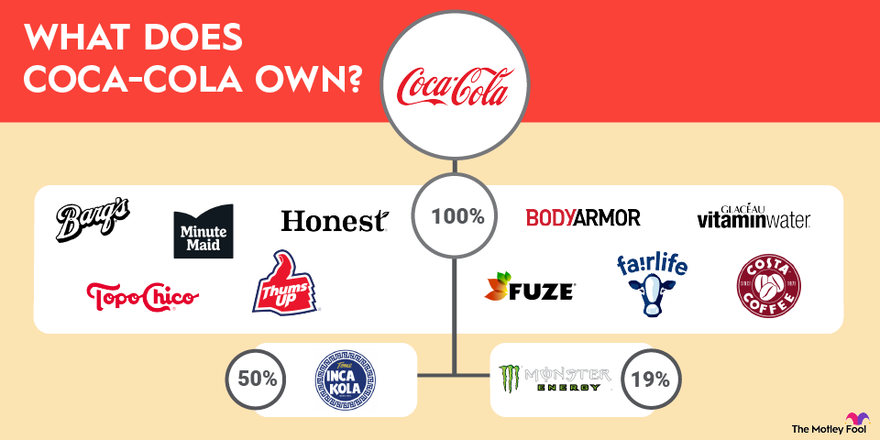
Companies Coca-Cola Owns
What companies does Coca-Cola own?
Coca-Cola owns many of the world's most popular beverages, both carbonated and non-carbonated. Unlike rival PepsiCo (PEP -0.76%), Coke is a pure-play beverage company. It doesn't own any food or snack brands.
Traditionally, Coca-Cola made acquisitions to increase its geographical reach and accelerate its growth by adding faster-growing products. It also has the ability to boost sales for new products by expanding their distribution and leveraging its marketing expertise.
Beverage tastes have evolved since Coke was founded in 1886. For example, on a per-capita basis, consumption of traditional sodas has been declining in the U.S. for roughly a generation. Diet sodas, which gained popularity in the 1980s, have peaked, as well. The company has launched new brands and made acquisitions outside of traditional sodas to boost its profitability and long-term staying power.
Keep reading to see what Coca-Cola owns today and where its acquisition strategy and beverage portfolio could go in the future.
1 - 5
1. Minute Maid (1960): 100% ownership
Coca-Cola acquired Minute Maid in 1960, the company's first acquisition outside of soft drinks, in a deal valued at $59 million.
Minute Maid was founded in the 1940s and was best known for its frozen orange juice concentrate. The deal gave Coke a new avenue for growth beyond soda, and there are now more than 100 flavors and varieties of Minute Maid beverages.
2. Thums Up (1993): 100% ownership
Thums Up, an Indian cola brand, was acquired by Coca-Cola in 1993. The move followed Coca-Cola's departure from India in 1977, when a new government took control and passed a law preventing any foreign company from owning more than 40% of a business in India. The law forced Coke to leave the market, along with dozens of other American brands.
The acquisition of Thums Up gave it a re-entry point, and the brand is still popular.
3. Barq's (1995): 100% ownership
By 1995, Coca-Cola had an impressive portfolio of beverages, including Coca-Cola, Sprite, and Diet Coke, but it lacked a major root beer brand.
The acquisition of Barq's, a brand that hails from the New Orleans area, filled that gap, and Barq's remains the company's premier root beer brand today.
4. Inka Kola (1999): 50% ownership
Coca-Cola acquired 50% of Inka Kola in 1999 for $200 million, since it had been unable to supplant the No. 1 soft drink brand in Peru. As part of the deal, Coca-Cola acquired the rights to distribute the brand internationally.
5. Vitaminwater (2007): 100% ownership
As part of its push away from sodas and carbonated beverages, Coca-Cola acquired Glaceau, the maker of Vitaminwater, in 2007 for $4.2 billion in cash.
While Vitaminwater was popular at the time of Coke's purchase, Coca-Cola was forced to change its labeling in 2016 after a class-action lawsuit found that it had overstated its health benefits.
6 - 10
6. Fuze (2007): 100% ownership
The same year as the Vitaminwater acquisition, Coca-Cola also acquired Fuze, known for juice, tea, and energy drinks, including NOS. The move was seen as a response to Pepsi's push into non-carbonated energy drinks.
7. Honest Tea (2011): 100% ownership
After acquiring a 43% stake in Honest Tea in 2008, Coca-Cola bought the remainder in 2011, giving it ownership of the low-sugar iced tea brand. The move continued the company's strategy of diversifying into healthier, non-carbonated beverages.
8. Monster Beverage (2015): 19% ownership
In 2015, Coca-Cola formed a strategic partnership with Monster Beverage (MNST 0.14%), the energy drink maker, giving the soft drink giant valuable exposure to the energy drink market, which has taken share from traditional soft drinks.
Coca-Cola acquired a 16.7% stake, which has increased to 19% since then due to share buybacks. As part of the deal, Coke transferred ownership of its energy drink portfolio to Monster, and Monster transferred its non-energy business to Coke. Coke also paid Monster $2.15 billion for the minority stake.
9. Topo Chico (2017): 100% ownership
Coke acquired the popular sparkling water brand Topo Chico for $220 million. The brand is known for its cult following and classic glass bottles, and Coca-Cola has been able to expand its reach through its distribution network.
10. Costa Coffee (2019): 100% ownership
One of Coke's more surprising acquisitions was its purchase of Costa Coffee, a chain based in the U.K. Coke paid $4.9 billion for Costa, and the move gave Coca-Cola a hedge against the rapid growth of coffee, as well as its first exposure to hot beverages and the restaurant business.
11. Fairlife (2020): 100% ownership
Coca-Cola also got into milk with its acquisition of Fairlife, a protein-fortified brand of milk.
Coca-Cola became a strategic partner of Fairlife in 2012, taking a 43% stake in the company, and it took full ownership in 2022. Fairlife has now reached $1 billion in annual sales.
12. BodyArmor (2021): 100% ownership
Coke originally acquired a 15% stake in BodyArmor in 2018. It bought the remaining 85% in 2021 for $5.6 billion, making it its biggest acquisition ever.
CEO James Quincey has since acknowledged that the company has struggled to integrate the sports drink brand.
13. Billson's (2025): 100% ownership
Coca-Cola has dabbled in alcohol more in recent years and closed on its acquisition of Billson's, an Australia-based maker of ready-to-drink alcoholic beverages, which include flavors like Vodka with Tangle and Vodka with Grape Burst.
Coke's management said it had no plans to expand the brand outside Australia.
What it could buy in the future
What companies could Coca-Cola buy in the future?
Coca-Cola is likely to continue to make acquisitions in the future as the beverage industry evolves and the company adjusts its portfolio to give it the best chance of maximizing shareholder value.
Almost any beverage company seems to be fair game for Coca-Cola to buy since the company's acquisitions have run the gamut from a coffee chain to energy drinks, sports drinks, seltzer, water, juice, and others.
One potential prospect is the Vita Coco Beverage Company (COCO 1.0%), the leading maker of coconut water. Coca-Cola acquired Zico coconut water about a decade ago but ended up selling it to a private equity firm. Coconut water also remains one of the fastest-growing beverage categories.
We could also see Coca-Cola pursue an international brand or a category that it doesn't yet have in its portfolio, as it did with milk or Costa Coffee. There's also the potential for a new beverage category, like kombucha, to gain a following and break into Coca-Cola's portfolio. Rival Pepsi just acquired Poppi, a maker of prebiotic soda, and Coca-Cola could buy another brand like Olipop.
It's possible that Coke could break tradition and make an acquisition outside of traditional beverages, but it's unlikely. In the 1980s, the company acquired several entertainment assets but sold off most of them by the end of the decade. An acquisition in the food industry could also happen, but Coke has avoided categories that historically have been outside its core competency.
Related investing topics
The bottom line on companies Coca-Cola owns
Coca-Cola has used its acquisitions to diversify its product portfolio, but its best-known brands remain homegrown ones that Coca-Cola developed and has owned for generations, like Coke, Diet Coke, Sprite, and Fanta.
It's unclear what kind of contribution the acquired brands make to the business, but Fairlife's $1 billion in annual sales is a reminder that the company has the unique ability to grow lesser-known brands, thanks to its distribution and marketing prowess.
Still, investors should expect Coca-Cola to continue to diversify away from its classic soda brands because consumption of those products is declining and is likely to continue to do so. Coca-Cola's best bet for enduring success is to ensure exposure to growth categories in beverages. The company will continue to make acquisitions to reorient its portfolio toward growth and drive the stock higher.
FAQ
Companies Coca-Cola owns: FAQ
What brands does Coke own?
Coke owns dozens of brands in addition to its namesake Coca-Cola, including Sprite, Fanta, Powerade, Dasani, Mr. Pibb, Gold Peak tea, BodyArmor, and Costa Coffee.
The company has a broad portfolio of both developed and acquired brands.
Are Pepsi and Coca-Cola owned by the same company?
Pepsi and Coca-Cola are not owned by the same company.
Pepsi and Coca-Cola have been rivals for more than 100 years. They are two of the biggest beverage companies around the world, competing for restaurant distribution, supermarket shelf space, and acquisitions.
The two companies effectively have a duopoly in bottled beverages.
Does Coca-Cola own any alcohol companies?
Coca-Cola has historically avoided the alcohol industry, but more recently, the company has developed a small but growing portfolio of alcoholic drinks. It launched a "firewalled, wholly owned" subsidiary to manage its alcohol partnerships.
In 2018, it launched Lemon-Dou, its first ready-to-drink alcoholic beverage, in Japan, and it offers a ready-to-drink Jack Daniel's and Coca-Cola mixed drink, as well. It also licenses alcoholic versions of brands like Topo Chico and Fresca.
In the 1970s, the company bought several California winemakers but sold them in 1982.
Is 7UP owned by Coca-Cola?
7Up is not owned by Coca-Cola. The lemon-lime soda brand is currently owned by Keurig Dr Pepper (NASDAQ:KDP) and is distributed internationally by PepsiCo. The brand has had several different corporate owners over its history.
Sprite is Coca-Cola's competitor to 7UP.












